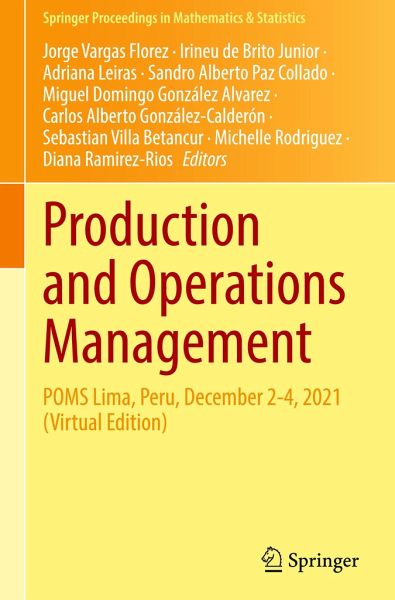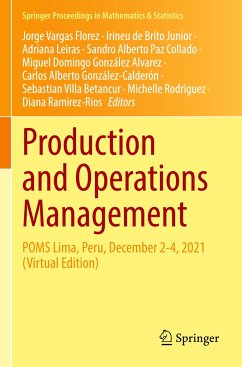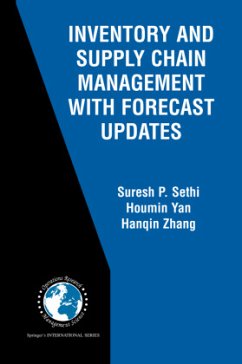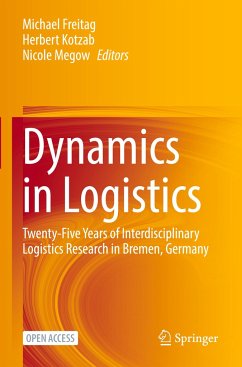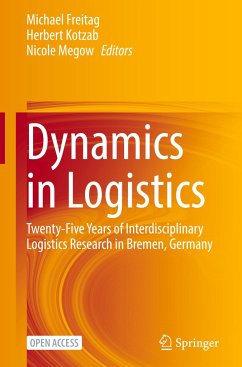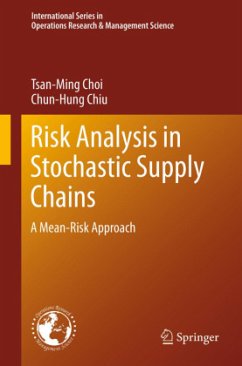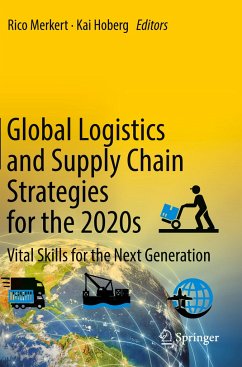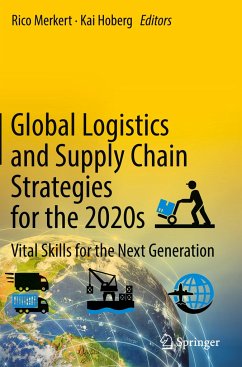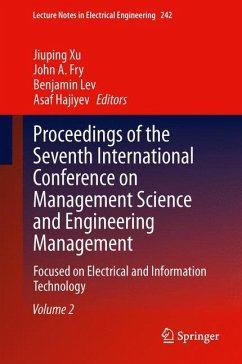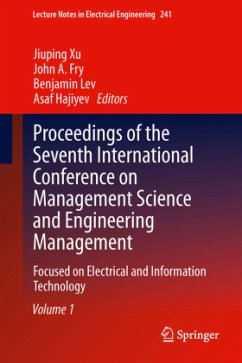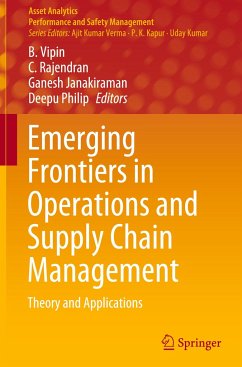¿Dr. Jorge Vargas Florez is Professor at the Pontificia Universidad Católica del Perú, PUCP, attached to the Industrial Engineering School since 2007. Director of Research in Industrial Engineering. Founder of the Crisis and Disaster Management Research Group, CID-PUCP. Member of the Advisory Committee for Doctoral Studies in the Department of Engineering. Visiting researcher at Cranfield University and the University of Lincoln. He has co-authored various papers published in journals, books, and international conference proceedings. Scholarships; PUCP Jorge Dintilhac undergraduate studies, Paul Rivet-PUCP PhD studies. Experience as Chief and Supervisor in the areas of Logistics, Quality Control, Production and Commercial, respectively in Retail, Food and Energy sectors. Dr. Irineu de Brito Junior is a professor of Risk Management at Sao Paulo State University (Unesp), São José dos Campos, Brazil, an invited Professor of Humanitarian Logistics at São Paulo University (USP), and a Humanitarian Logistics Instructor at Civil Defense and United Nations World Food Programme (WFP). He received his B.S. in Industrial Engineering; M.Sc. in Logistics Engineering, and Ph.D. in Industrial Engineering from the University of São Paulo, USP. Actually, is POMS Latin America & Caribbean VP of Communications. His humanitarian research interests are in facility location, food security, donations management, and social impacts of Covid 19. Adriana Leiras is a Professor of the Industrial Engineering Department at the Pontifical Catholic University of Rio de Janeiro - PUC-Rio (Rio de Janeiro, Brazil) and as founder and coordinator of the HANDs Lab - Humanitarian Assistance and Needs for Disasters. She is the current Regional Vice President Americas of POMS - Production and Operations Management Society. She also leads the regional research project in Humanitarian logistics and relief operations of the MIT SCALE Latin America Network. Since 2011, shehas participated in research and consulting projects on humanitarian logistics and disaster operations management. She has co-authored various papers published in journals, books, and conference proceedings. She teaches and researches Industrial/ Production Engineering, focusing on humanitarian operations management. Sandro Alberto Paz Collado is a Ph.D. in Industrial Engineering from the University of South Florida. Former Director of Evaluation and Accreditation of Universities at SINEACE (Peruvian accreditation body). Industrial Engineering Program Director at the Pontificia Universidad Católica del Perú - PUCP. General Coordinator of Continuous Improvement and Accreditation at School of Science and Engineering - PUCP, for the accreditation of its programs with CEAB (Canada), ABET (USA) and ICACIT (Perú). Researcher, consultant and instructor on topics such as quality management, statistical process control, data mining, simulation, and optimization. Miguel Domingo Gonzalez Alvarez is a Professor of the Engineering Department of the Pontifical Catholic University of Peru (PUCP). Industrial Engineer from PUCP, Master and Doctor in Industrial Engineering from Pontifical Catholic University of Rio de Janeiro. He was the Director of the Center for Development and Innovation of PUCP. He was president and founder of Peruvian Association of Incubators (PERUINCUBA). He was former Head of Engineering Department of PUCP and president of the Latin American Association for Technology Management (ALTEC). His current research interests are innovation and operations management, interorganizational planning, innovation and entrepreneurial systems. He is Vice President for Administration of PUCP. Dr. Carlos A. Gonzalez-Calderon is an Associate Professor of Transportation Engineering at the Universidad Nacional de Colombia at Medellin. He has strong theoretical foundations and practical experience in transportation. His research interests are: freight transportation, freight modeling and economics, sustainable transportation systems, and transportation planning. He worked as an Assistant Professor of Transportation Engineering at the Universidad de Antioquia in Colombia from 2006 to 2009 and as a Research Associate at the Center for Infrastructure, Transportation, and the Environment and at the Volvo Research and Educational Foundation's Center of Excellence for Sustainable Urban Freight Systems at the Rensselaer Polytechnic Institute after obtaining his Ph.D. Dr. Gonzalez-Calderon has played a role in multiple research projects funded by the National Science Foundation, the U.S. Department of Transportation, the National Cooperative Freight Research Program, the World Bank, the Inter-American Development Bank, among others. He has been involved in important signature projects such as NCFRP 25 (Freight Trip Generation and land use), NCFRP 26 (Freight Cost Data Elements), NCFRP 38 (Improving Freight System in Metropolitan Areas), and NCFRP 44 (Impacts of Policy-Induced Freight Modal Shifts). Sebastian Villa is a Visiting Assistant Professor at Indiana University and an Adjunct Professor at the University of Los Andes. His research focuses on understanding the main drivers and mechanisms that influence non-profit and for-profit operations. Sebastian builds on both behavioral and empirical methods to understand the role of donors on humanitarian action, and uses behavioral approaches to explain inventory decisions in for-profit organizations. Michelle Rodriguez-Serra is a Professor and researcher at Universidad del Pacifico in Lima - Perú. She served as Dean of the School of Engineering and Director of Quality Assurance in the Graduate School where she was the head of the accreditation earning in 2011 the accreditation from AACSB. Before, she served as Director Program for the Masters in Supply Chain Management. She also leads a series of initiatives such as Sustainable Cities as an academic ally of the City Science Group of the MIT Media Lab, Urban logistics and distribution of perceivable products as part of the FAROL initiative of the MIT-CTL, the Lima cargo observatory - OTUC with the Transport and Logistics Center of the Andrés Bello University in Chile among others. She currently serves as Vice-President - Meetings in - POMS Latin America & Caribbean Chapter. Diana Ramirez-Rios is an incoming assistant professor at University of Buffalo with a Ph.D. in Transportation Engineering from Rensselaer Polytechnic Institute and a B.S.-M.S. in Industrial Engineering. Her work focuses on freight transportation, supply chain and logistics, and humanitarian/disaster response logistics. Her research includes freight demand modeling, tour flow models, parking vehicle simulation, facility location, post disaster distribution modeling, and cooperative game-theoretic models. Diana is an active member of several professional organizations including the Transportation Research Board, POMS, and INFORMS. She is the recipient of the Karen and Lester Gerhardt Prize in Science and Engineering (1982), the Thomas Archibald Bedford Prize (1964), the WTS Helene M. Overly/ Leonard Braun Graduate Scholarship, ENO Future Leaders in Transportation, and the CEE-MIT Rising Stars.
